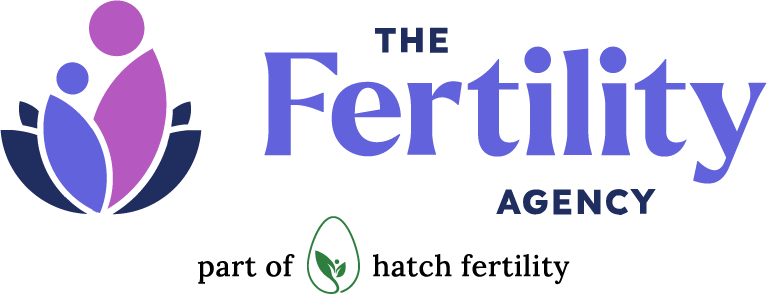Have you ever wondered about the impact of egg donation on your fertility? As you consider the possibility of becoming an egg donor, you may find yourself grappling with questions and concerns about how the process could affect your own reproductive health.
It’s natural to have uncertainties, but you can’t believe everything you hear or read online. Separating fact from fiction is a must if you want to make an informed decision.
Together, let’s explore some common myths and realities surrounding egg donation and fertility. With credible, evidence-based knowledge in hand, you’ll feel empowered to navigate this important decision with confidence.
Myth 1: Egg Donation Leads to Infertility
One common misconception is that donating eggs can make you infertile or negatively affect your own fertility. This fear often stems from the misconception that egg retrieval involves removing all a woman’s eggs, leaving her with none for future conception. But this is far from the truth.
Fact: Egg donation involves retrieving a small number of eggs from the donor’s ovaries during a carefully monitored cycle. This process does not deplete a woman’s entire egg supply. In fact, women are born with hundreds of thousands of eggs, and only a fraction of them are ever released during ovulation. The eggs retrieved for donation would have been naturally discarded during your menstrual cycles anyway. Egg donation does not impact your long-term fertility or ability to conceive in the future.
Myth 2: Egg Donation Increases the Risk of Cancer
Another concern that some women may have is whether egg donation can raise their risk of developing cancer, particularly ovarian cancer. This fear may stem from misconceptions about the effects of hormonal stimulation used during the egg donation process.
Fact: Multiple studies have investigated the potential link between egg donation and cancer risk, and the consensus among researchers is that there is no evidence to support such a connection. The hormones used for ovarian stimulation are carefully monitored and administered at doses considered safe for the donor’s health. Also, a person’s risk of ovarian cancer is influenced by a variety of factors, including genetics and lifestyle, rather than egg donation itself.
Myth 3: Egg Donation Causes Early Menopause
Some women worry that donating eggs could trigger early menopause or accelerate the natural decline of their ovarian function, leading to fertility issues later in life.
Fact: While it’s understandable to have concerns about the impact of egg donation on your reproductive health, research indicates that the process does not hasten menopause or diminish ovarian reserve. The hormones used for ovarian stimulation temporarily increase egg production but do not affect the overall number of eggs remaining in your ovaries. Most egg donors go back to their normal menstrual cycles and fertility after completing the donation process, with no long-term consequences on their reproductive health.
Myth 4: Egg Donation Results in Hormonal Imbalance
Another myth surrounding egg donation is that it disrupts a woman’s hormonal balance, leading to mood swings, weight gain, and other adverse effects.
Fact: While it’s true that the hormonal medications used during egg donation can cause temporary side effects such as bloating, breast tenderness, and mood fluctuations, these symptoms usually go away after the completion of the donation cycle. The hormones mimic the natural hormonal fluctuations that happen during the menstrual cycle, and most women return to their baseline hormonal levels once the cycle is complete.
It’s also important to remember that the medical team closely monitors donors throughout the process to minimize any potential risks and ensure their well-being.
Myth 5: Egg Donation Limits Your Future Family Planning Options
Some women may worry that donating eggs will hinder their ability to pursue their own family planning goals in the future, such as having children of their own.
Fact: Egg donation is a voluntary and altruistic act that empowers you to help others while preserving your own reproductive options. The decision to become an egg donor doesn’t keep you from having children in the future. In fact, many egg donors go on to have successful pregnancies and build their own families when the time is right for them.
The bottom line is that egg donation is a separate and distinct process from natural conception, and it does not impact your ability to conceive or carry a pregnancy in the future.
As you consider the possibility of becoming an egg donor, always separate fact from fiction and make informed decisions based on credible information. While egg donation may involve temporary physical and emotional changes, it doesn’t pose long-term risks to your fertility or overall health.
We hope you approach the process with confidence, knowing that you are making a meaningful difference in the lives of others while safeguarding your own reproductive future.
To see if we’re the right egg donation agency for you, learn more about us.
Surrogacy and Egg Donor Services
Since 2004, The Fertility Agency has helped bring over 1100+ babies into the world. We work with all intended parents, surrogates, and egg donors no matter their sexual preference, relationship status, ethnicity, location, etc. Our personal experiences and years of expertise provide us with the perfect balance of business and passion. Contact us for more information.

